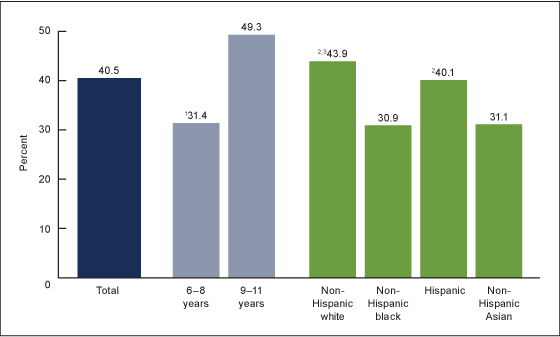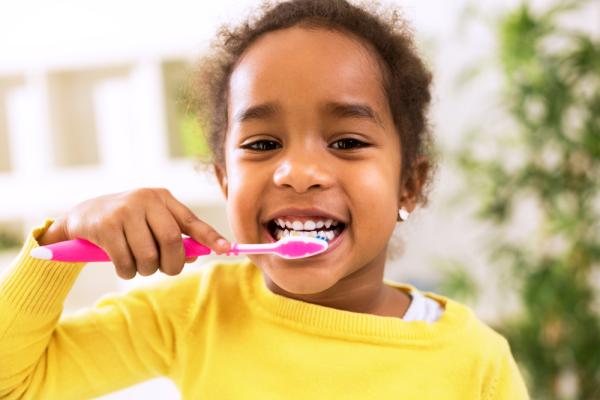In the interests of dental health, everyone knows it's important to brush, brush, brush — preferably with a fluoride-containing toothpaste — twice a day. And children should be taught to do so as well, even before their permanent teeth erupt. Flossing too (as an example of interdental cleaning), while its efficacy has been questioned of late, is still advised by the American Dental Association (ADA). Of course such interventions are aimed at reducing the risk of dental caries and gingival (gum) disease, as is advice to minimize consumption of sugary, sticky foods. A newer modality — dental sealants — has been developed to help avoid cavities, but fear-mongering may well encourage its avoidance.
Dental sealants are basically plastic coatings applied to the chewing surfaces of molars. They protect these surfaces from acidic foods that can damage tooth enamel, and from the bacteria that can wreak further damage. These tooth surfaces can be complex, with indentations and fissures that can trap bits of food and set the stage for bacterial action. So what's the problem? The problem is that use of dental sealants lags behind what it really should be.
For example, the CDC states that in 2011-2012, about 60 percent of adolescents between 12 and 19 had experienced dental caries (cavities), and 15 percent had untreated dental decay. But fewer than half of non-Hispanic white children and only about 30 percent of Asian and African-American kids between 6 and 11 years old had dental sealants, as shown in the chart below.

Why are these percentages so low for a treatment that could save hundreds, if not thousands of dollars in dental bills? Besides the usual reasons for neglecting dental health, one possibility is that scaremongers who inveigh against the plastic component BPA have concerned parents avoiding anything with those dread letters.
This, of course, contradicts the scientific evidence, as we've reiterated on numerous occasions, that the minuscule amount of BPA that MIGHT be present in sealants poses no risk to anyone. But, OK, if you're so worried about BPA that you avoid using sealants on your kids' teeth, make sure they know how to brush and floss and make sure they do those actions faithfully. And be prepared for your dental bills to rise.




